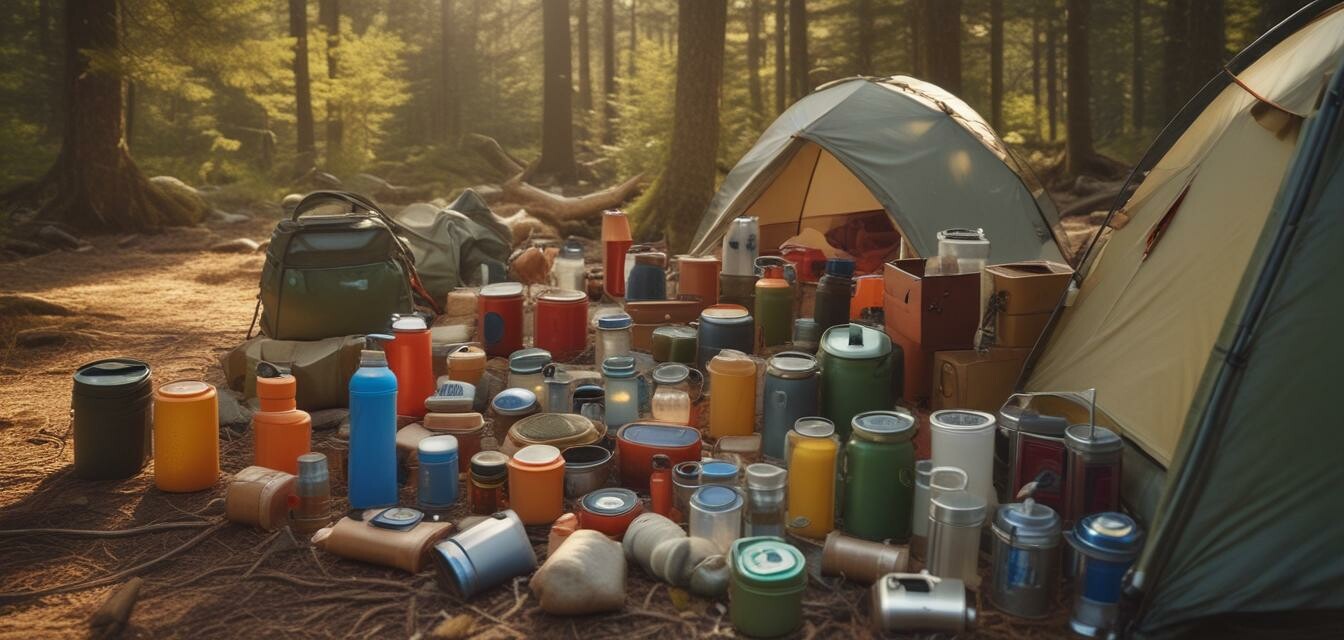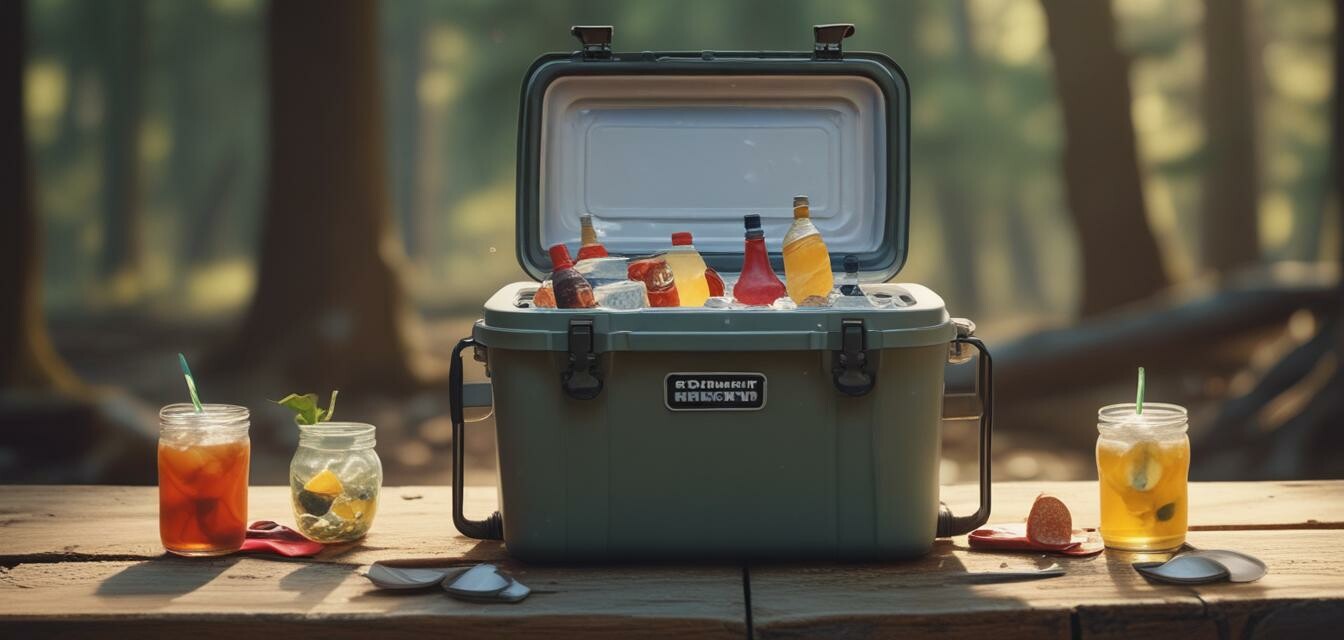
Eco-Friendly Camping Gear
Key Takeaways
- Opt for sustainable materials and products.
- Embrace practices that minimize waste.
- Support brands that prioritize eco-friendliness.
- Be mindful of your camping impact on nature.
- Research on biodegradable and recyclable options.
Camping is a great way to reconnect with nature, but it's essential to do so responsibly. Eco-friendly camping gear is designed to minimize our environmental impact while still providing the comfort and utility needed for an enjoyable outdoor experience. In this article, we will explore various eco-friendly camping gear options and sustainable practices to enhance your outdoor adventures.
Why choose eco-friendly camping gear?
As outdoor enthusiasts, we have a responsibility to protect the natural spaces we enjoy. Choosing eco-friendly camping gear contributes to environmental conservation in several ways:
- Reduces waste through sustainable materials.
- Minimizes carbon footprints with efficient products.
- Supports ethical brands committed to environmental stewardship.
- Encourages mindful camping practices.
Types of eco-friendly camping gear
Here’s a list of essential eco-friendly camping gear to consider for your next adventure:
| Gear Type | Eco-Friendly Options | Benefits |
|---|---|---|
| Camping Tents | Recycled fabrics | Durable, less wasteful |
| Camping Cookware | Biodegradable or bamboo utensils | Reduce plastic waste |
| Sleeping Bags | Natural fibers (e.g. organic cotton) | Comfortable and sustainable |
| Lanterns | Solar-powered options | Energy-efficient and renewable |
| Coolers | Recyclable materials | Lower environmental impact |
Key eco-friendly practices when camping
Besides using eco-friendly gear, adopting sustainable camping practices is crucial. Here are some key practices you can implement:
- Leave no trace: Always pack out what you pack in.
- Use appropriate fire practices: Stick to established fire pits and use eco-friendly fire starters.
- Minimize single-use products: Opt for reusable items whenever possible.
- Respect wildlife: Maintain a safe distance and avoid feeding them.
- Choose environmentally friendly soaps: Use biodegradable soap for washing dishes and bathing.
Benefits of using eco-friendly camping gear
Adopting eco-friendly camping gear has significant benefits that extend beyond just protecting the environment:
- Improved health due to the absence of harmful chemicals and plastics.
- A more fulfilling camping experience as you contribute positively to nature.
- Supporting sustainable businesses encourages more green innovations in products.
- Enhancing outdoor skills with a focus on resourcefulness and sustainability.
Eco-friendly camping gear recommendations
Choosing the right camping gear is essential for a sustainable experience. Below are some types of eco-friendly camping gear along with their features and benefits:
| Item | Material | Key Features |
|---|---|---|
| Eco Tent | Recycled polyester | Lightweight, compact, water-resistant |
| Biodegradable Utensils | Compostable materials | Durable, easy to dispose of |
| Solar Lantern | Plastic, solar panels | Rechargeable, portable, energy-efficient |
Popular Brands committed to sustainability
Several brands have made strides towards eco-friendliness and sustainability. Here are a few to keep an eye on:
- REI: Known for their durable and eco-friendly tents.
- GSI Outdoors: Offers a variety of sustainable cookware options.
- Goal Zero: Focused on portable solar power solutions.
- Nemo Equipment: Specializes in sleeping bags made from recycled materials.
Final thoughts on eco-friendly camping
Switching to eco-friendly camping gear and practices not only protects the environment but enriches your outdoor experience. By taking steps towards sustainability, you contribute positively to the beautiful landscapes we all cherish. Whether it’s selecting the right gear or adopting mindful practices, every little effort counts towards preserving our planet for future generations.
Pros
- Reduces your carbon footprint.
- Supports sustainable brands.
- Encourages responsible outdoor practices.
- Enhances appreciation for nature.
Cons
- Eco-friendly gear can be more expensive.
- Availability of certain sustainable products may be limited.
- Some products may have less performance in extreme conditions.
Beginners Section: Tips for Eco-Friendly Camping
- Start small by replacing one item at a time with an eco-friendly alternative.
- Educate yourself on Leave No Trace principles.
- Get involved in local cleanups and conservation efforts.
- Plan your camping trips to minimize travel emissions.
- Share knowledge with fellow campers about sustainable practices.









